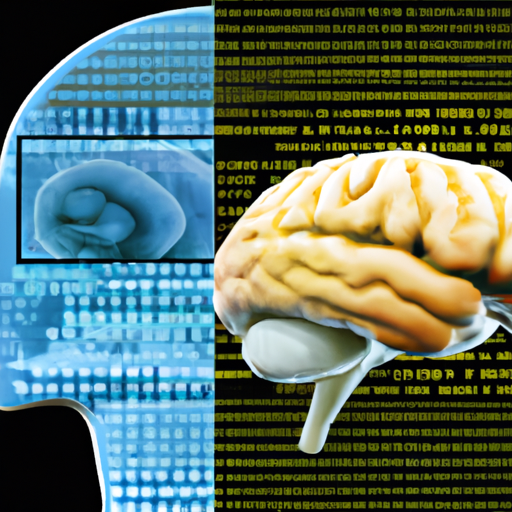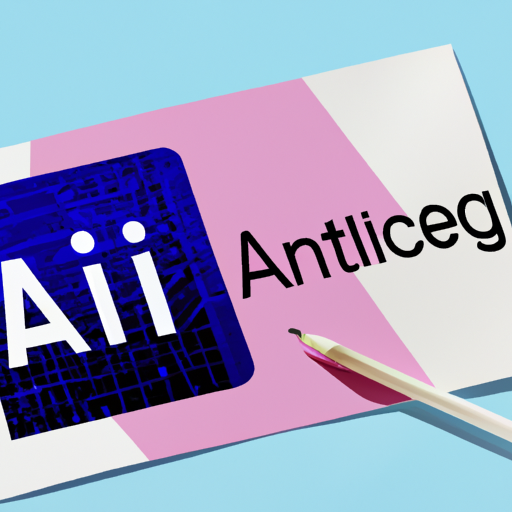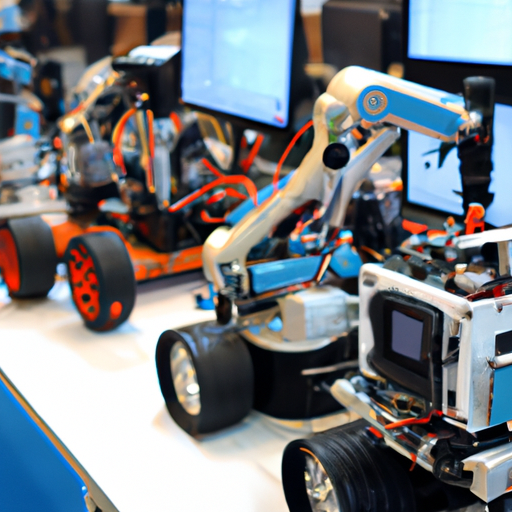Introduction
In recent years, the field of Brain-Computer Interfaces (BCIs) has emerged as a groundbreaking technology, promising to bridge the gap between human cognition and machinery. This innovative neurotechnology enables direct communication between the human brain and external devices, offering limitless potential in various fields such as healthcare, gaming, and communication.
What are Brain-Computer Interfaces?
Brain-Computer Interfaces are systems that facilitate a direct path of communication between the brain and external devices. They detect brain activity and translate it into commands that can control computers, prosthetics, or other devices. This transforming interaction has the potential to enhance the quality of life for those with disabilities and revolutionize the way we interact with technology.
The Technology Behind BCIs
BCI technology typically relies on techniques such as electroencephalography (EEG), functional magnetic resonance imaging (fMRI), or even invasive methods like implanting electrodes on the brain’s surface to capture neural signals. These signals are then processed using algorithms to interpret the user’s intentions.
Applications of Brain-Computer Interfaces
The applications of BCIs are vast and varied. Some of the most exciting include:
- Healthcare: BCIs are being used to help individuals with physical disabilities control prosthetic limbs or computer cursors with their thoughts, significantly improving their independence and quality of life.
- Gaming: The gaming industry is exploring BCIs to enhance user immersion, allowing players to interact with games through thought alone, creating a novel experience.
- Communication: For patients with severe speech and movement disorders, BCIs provide a new avenue for communication, enabling them to convey their thoughts and feelings through direct neural interface.
The Future of BCI Technology
As research in BCI technology progresses, we are likely to see even more applications emerge. From educational tools that adapt to our learning styles to therapeutic devices that help with mental health, the future is bright. Moreover, ethical considerations surrounding the use of BCIs must be addressed as society navigates this brave new world of mind control and machine interaction.
Conclusion
The potential of Brain-Computer Interfaces is staggering, paving the way for a future where the lines between human cognition and technology blur. As we unlock new advancements in this field, it is crucial to approach these developments with curiosity, caution, and ethical consideration.
Are you ready to embrace the future of Brain-Computer Interfaces? Stay tuned for more insights into this transformative technology!




